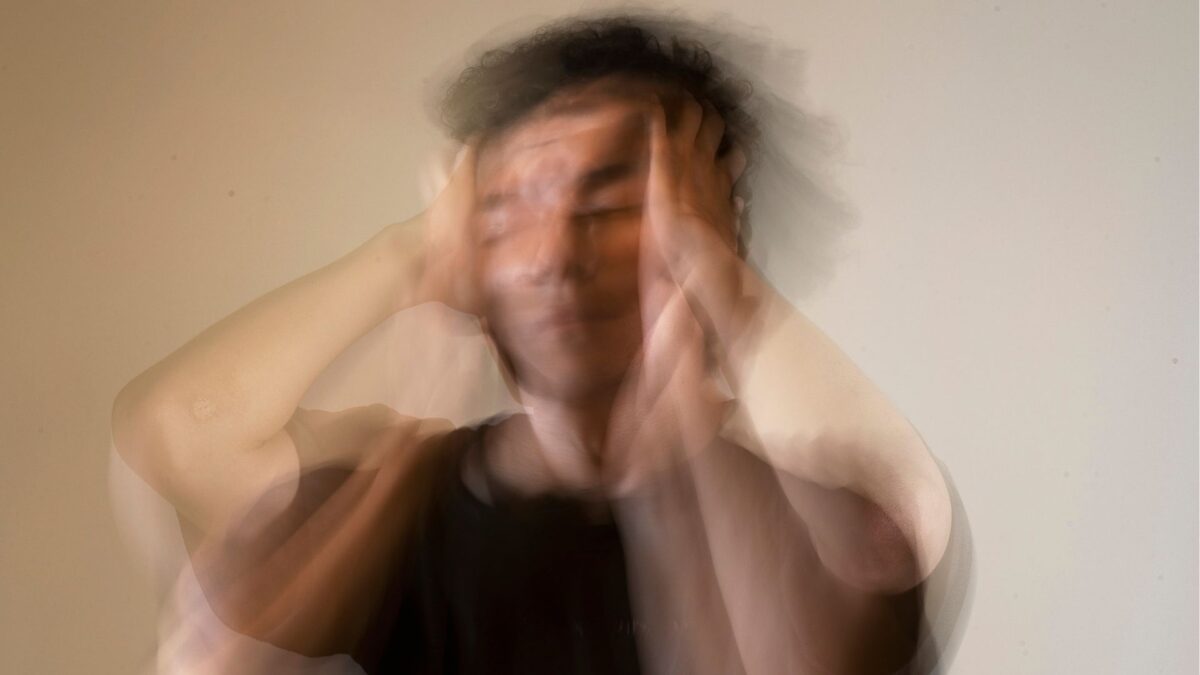
How do Partial Hospitalization Programs in Indianapolis Address Anxiety Disorders?
January 1, 2025
How Do Adult Intensive Outpatient Program in Indianapolis Handle Dual Diagnosis Treatment?
January 7, 2025Many people in Indianapolis are looking for help with mental health issues. You might be one of them. The good news is, an intensive outpatient program in Indianapolis can offer that help.
These programs treat many problems, like anxiety and depression.
Intensive outpatient programs (IOPs) in Indianapolis provide care without needing to stay overnight. This article will show you what conditions these programs can help with.
It covers how they work for different mental health challenges.
Keep reading to learn more about getting support in your area.
Key Takeaways
- Indianapolis IOPs help people with anxiety, depression, PTSD, and more without needing to stay overnight.
- These programs use group therapy, and one-on-one counseling, and teach coping skills for various conditions.
- Treatment in IOPs includes learning about how mental health issues affect the brain and managing them daily.
How Do Indianapolis IOPs Treat Anxiety Disorders Effectively?
In Indianapolis, Adult Intensive Outpatient Program (IOP) helps people with anxiety by providing structured therapy. These programs offer sessions more often than once a week. This helps adults and adolescents learn to manage their symptoms better.
They use different treatments like group therapy, one-on-one counseling, and learning coping skills. For instance, someone might learn how to calm themselves when they start to feel anxious.
These IOPs also educate patients on how anxiety works in the brain. Understanding this can make it easier for them to see why they react certain ways. This knowledge is powerful for recovery.
Tools like meditation or deep breathing become part of daily life for those in the program, making it easier to face challenges without fear.
Are Depression and Mood Disorders Commonly Addressed in Indianapolis IOPs?
Yes, depression and mood disorders are key focus areas in IOP Indianapolis. These programs treat conditions like major depressive disorder and disruptive mood dysregulation disorder.
They offer therapy sessions more often than once a week. This helps people who need strong support but do not have to stay in the hospital.
Next, we will explore if PTSD can be treated in an intensive outpatient program in Indianapolis.
Can PTSD Be Treated in an Intensive Outpatient Program in Indianapolis?
Adult Intensive Outpatient Program (IOP) in Indianapolis can treat PTSD. These programs focus on adults with mental health issues. IOPs provide structured therapy for people struggling with trauma and its effects.
They offer support to help individuals manage their symptoms effectively.
Treatment options often include group therapy, individual counseling, and medication-assisted therapy. Patients learn coping skills and gain a better understanding of their condition.
IOPs aim to create a safe space where patients can heal at their own pace while receiving intensive care.
What Types of Bipolar Disorder Are Managed in Indianapolis IOPs?
Bipolar disorder has different types. Indianapolis Intensive Outpatient Program manages these variations effectively. They treat individuals with Bipolar I, which involves extreme mood swings and intense episodes of mania.
Bipolar II is also addressed, where patients experience less severe manic phases but can suffer from deep depression.
The programs focus on providing structured therapy and support for both conditions. Patients receive medication management alongside counseling. This dual approach helps stabilize moods and improve quality of life in adults facing these challenges in an intensive outpatient program in Indianapolis.
How Are Personality Disorders Addressed in Indianapolis Intensive Outpatient Programs?
Intensive Outpatient Treatment Program in Indianapolis address personality disorders with focused therapy. These programs offer structured treatment that combines individual and group sessions.
Skilled therapists help patients understand their emotions and behaviors. They teach coping strategies useful in everyday life.
Therapies often include cognitive behavioral therapy (CBT) and dialectical behavior therapy (DBT). CBT helps individuals change negative thought patterns. DBT focuses on emotional regulation and improving relationships.
Patients learn essential skills to manage symptoms effectively. Intensive support allows adults to engage deeply while balancing daily responsibilities, making it easier for them to improve their mental health.
Are Eating Disorders Included in the Treatment Plans of Indianapolis IOPs?
Eating disorders are part of the treatment plans in IOP Indiana. These programs help adults with various mental health issues, including eating disorders. They provide structured therapy to address such concerns effectively.
Treatment options often include counseling and group support sessions customized for each individual.
Patients can access care for conditions like anorexia and bulimia. Intensive Outpatient Programs focus on enhancing coping skills and fostering a healthier relationship with food. The goal is to assist individuals in overcoming their struggles while ensuring they receive the support they need daily.
How Do Indianapolis IOPs Handle Obsessive-Compulsive Disorder (OCD)?
IOP programs in Indianapolis effectively treat Obsessive-Compulsive Disorder (OCD). These programs offer structured therapy that helps adults manage their symptoms.
Therapy may include Cognitive Behavioral Therapy (CBT) and exposure response prevention, both proven methods for OCD. Patients learn to cope with intrusive thoughts and reduce compulsive behaviors.
IOPs support individuals facing OCD along with other mental health concerns. They provide care customized to each person’s needs, ensuring comprehensive treatment plans. The focus on frequent therapy sessions allows for more effective monitoring and adjustment of treatment strategies.
This approach is essential for achieving lasting recovery from OCD and related issues like anxiety disorders.
What Approaches Do Indianapolis IOPs Use for Treating Panic Disorders?
IOP in Indianapolis uses several approaches to treat panic disorders. Therapy sessions focus on understanding and managing fears. Cognitive-behavioral therapy (CBT) is common here. CBT helps patients change negative thoughts and behaviors linked to panic attacks.
Programs also include exposure therapy. This technique gradually exposes individuals to the situations they fear. It aims to reduce anxiety over time. Group therapy offers support from others facing similar challenges.
Each program tailors treatment based on individual needs, ensuring effective care for adults in intensive outpatient programs in Indianapolis.
Conclusion
Intensive Outpatient Indiana treatment for many mental health conditions. They help adults manage anxiety, depression, PTSD, and bipolar disorder. These programs provide structured therapy that is easy to follow and effective.
With the right support, individuals can see major improvements in their lives. For more information about IOPs or mental health resources, reach out to local services today. Take a step toward better mental health now!
FAQs
What is an intensive outpatient program in Indianapolis?
An intensive outpatient program (IOP) in Indianapolis, also known as adult intensive outpatient program, is a structured treatment plan for mental health conditions where the patient doesn’t stay overnight.
What kind of conditions are treated in IOP programs in Indianapolis?
IOP programs in Indianapolis treat a range of mental health issues. The specific conditions would depend on each individual’s needs and the services offered by the particular IOP Indiana facility.
Are all IOPs in Indiana similar?
No, not all IOPs or Intensive Outpatient Treatment Programs are alike. Each one has its unique approach to treating mental health problems based on their expertise and resources available.
How can someone access these adult intensive outpatient programs?
To access these types of services, you can reach out directly to the facilities offering them or seek referrals from healthcare providers familiar with the various options for IOP in Indianapolis.






